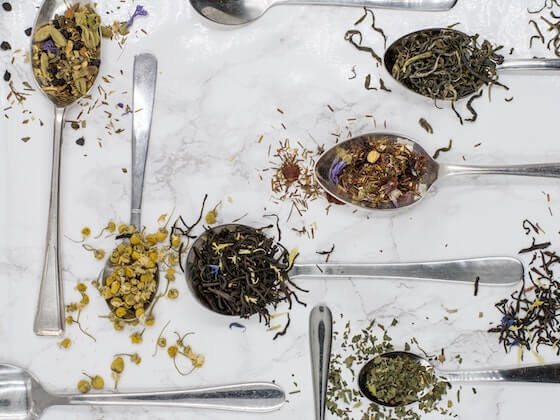Coffee is a versatile and popular beverage that may be drunk hot or cold, in the morning or at night. Not only that, but coffee has a slew of health advantages.
Here's what kind of enchantment a cup of coffee may bring to you every time you sip it.
You get a dose of the plant's polyphenols, which are antioxidants when you drink a hot (or cold) coffee beverage. Coffee polyphenols, according to a review of studies, offer several health-promoting qualities that can help protect against inflammation, cancer, diabetes, and high blood pressure.
- Helps improve brain health
Could you do with some brainpower? One study evaluated the effects of two different types of coffee on several attention and memory tasks.
Coffee robusta improved attention and memory, according to the findings. Coffee arabica went a step further, boosting drowsiness, concentration, memory, and reaction times greatly. The chlorogenic acids (polyphenols) in arabica coffee are believed to have contributed to the higher advantages, according to researchers.
Regular coffee drinking may help prevent cognitive decline linked with Alzheimer's disease and other types of dementia, in addition to delivering a transient boost in brain activity and memory. Researchers in Finland discovered that drinking three to five cups of coffee per day in midlife was linked to a 65 percent lower incidence of Alzheimer's disease and dementia later in life.
- It improves physical performance.
We've been taught that caffeine dehydrates us, which is one of the main reasons why fitness professionals advise against drinking coffee before and after a workout. A recent study reveals, however, that modest caffeine usage — up to 500 mg per day, or approximately five cups per day — does not dehydrate exercisers to the point that it interferes with their training. Coffee also aids in the fight against exhaustion, allowing you to exercise for longer periods.
Caffeine is a performance and endurance enhancer that enhances muscle contractions, decreases the exerciser's sense of pain and raises fatty acids in the blood, all of which help with endurance.
- Could be beneficial in the treatment of depression.
Coffee consumption has been related to a lower incidence of depression in both men and women in numerous studies. The findings from multiple research projects revealed an inverse association between coffee consumption and depression: heavy coffee consumers appeared to have the lowest risk of depression (up to 20%).
Researchers aren't clear on how coffee prevents sadness, although it is known that caffeine activates mood-controlling neurotransmitters like dopamine and serotonin.
- It might be able to help you live longer.
Your morning cup of coffee may be helping you live longer, as research has linked coffee use to a lower risk of death.
This notion is supported by a 2012 study that indicated that drinking 6 or more cups of coffee reduced the risk of death by 10% for men and 15% for women.
- Coffee has been shown to reduce the risk of certain cancers.
Coffee drinkers may have a lower risk of aggressive prostate cancer. In addition, research from the Harvard School of Public Health suggests that women who drank four or more cups of coffee per day had a 25% lower risk of endometrial cancer than women who drank less than one cup per day. Regular coffee use has also been linked to a lower risk of liver, colon, breast, and rectal cancers, according to studies.
Polyphenols, antioxidant phytochemicals contained in coffee, have been shown to have anticarcinogenic qualities in multiple studies and are expected to help reduce inflammation, which may play a role in the development of cancers.
- Coffee is high in antioxidants, which are beneficial for your health.
Coffee has higher antioxidant activity than both green tea and chocolate, two antioxidant powerhouses. Approximately 1,000 antioxidants have been found in unprocessed coffee beans, with hundreds more developing throughout the roasting process. Coffee has been identified as a key — and in some cases, the only — dietary source of antioxidants for many research' participants.
Antioxidants fight inflammation, which is at the root of many chronic diseases like arthritis, atherosclerosis, and cancer. They also neutralize free radicals, which are produced normally as part of everyday metabolic functions but can lead to oxidative stress and chronic disease.
As much as we all love coffee, it's important to remember that even the most rigorous scientific studies — especially ones that look at something as beloved and economically important as coffee — are subject to bias. So, by all means, enjoy your morning ritual, but interpret these observations with caution.
















